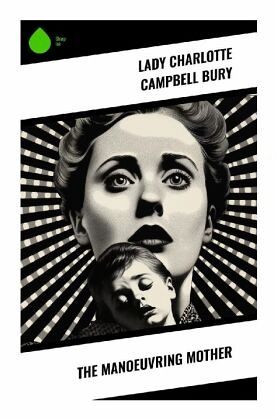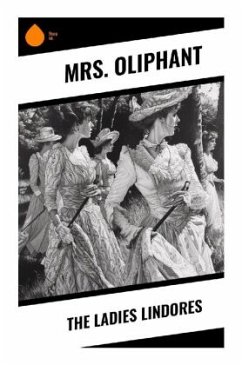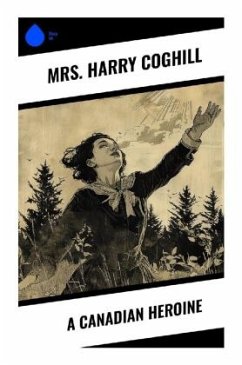
The Manoeuvring Mother
Versandkostenfrei!
Versandfertig in 6-10 Tagen
16,50 €
inkl. MwSt.
Weitere Ausgaben:

PAYBACK Punkte
0 °P sammeln!
In Lady Charlotte Campbell Bury's novel, "The Manoeuvring Mother," the intricate web of social maneuvering and familial ambition is masterfully depicted through a blend of satire and keen observation. Set against the backdrop of early 19th-century England, Bury employs a rich narrative style that intertwines romantic ideals with the harsh realities of societal expectations, particularly concerning marriage and motherhood. Through her vivid characterizations and sharp dialogue, she explores themes of deception, ambition, and the precarious position of women within the confines of a patriarchal ...
In Lady Charlotte Campbell Bury's novel, "The Manoeuvring Mother," the intricate web of social maneuvering and familial ambition is masterfully depicted through a blend of satire and keen observation. Set against the backdrop of early 19th-century England, Bury employs a rich narrative style that intertwines romantic ideals with the harsh realities of societal expectations, particularly concerning marriage and motherhood. Through her vivid characterizations and sharp dialogue, she explores themes of deception, ambition, and the precarious position of women within the confines of a patriarchal society, making it a compelling read worthy of its literary context. Lady Charlotte Campbell Bury, an influential figure in the literary circles of her time, draws upon her own experiences in the socially stratified world of Regency England, which informed her perspectives on the dilemmas faced by women. Married to a prominent political figure, her own trials with social expectation and personal aspiration provide a rich tapestry upon which she crafts her stories, imbuing "The Manoeuvring Mother" with authenticity and depth that resonated with her contemporaries. This novel stands as an essential read for those interested in classic literature that engages with gender roles and social commentary. Bury's insightful critique of the societal pressures faced by women, combined with her engaging narrative style, invites readers to reflect on the timeless nature of these struggles, making it not only a historical study but a relevant exploration of gender dynamics that continues to resonate today.













